Legislative Overview ~ March 25, 2025
Here is a summary of what took place during today’s floor sessions:
20 Bills Passed in the Senate and awaiting Governor’s Signature: HB1023, HB1058, HB1063, HB1099, HB1110, HB1114, HB1201, HB1248, HB1332, HB1371, HB1418, HB1423, HB1428, HB1473, HB1503, HB1504, HB1528, HB1602, SB2048, & SB2382 + HCR3030 . Those which were failed include: HB1388, HB1437, HB1458, & HB1496.
7 Bills Passed in the House and awaiting Governor’s Signature: SB2057, SB2092, SB2174, SB2292, SB2294, SB2297, SB2360 & SCR4001. Those which were failed include: SB2089 & SB2317.
The Bills we are tracking regarding the business world include:
SB2089: https://ndlegis.gov/assembly/69-2025/regular/documents/25-8123-02000.pdf
This Bill amends section 26.1-02-31 of the North Dakota Century Code to clarify the confidentiality of documents, materials, or information provided to the insurance commissioner during consumer assistance requests or complaints. It ensures that such information is not subject to open records requests, subpoenas, or admissible in civil actions. However, the commissioner can disclose general details about the disposition of the request or complaint and use the information for regulatory or legal actions.
This bill primarily impacts the insurance sector, ensuring privacy for consumer-related records.
SB2092: https://ndlegis.gov/assembly/69-2025/regular/documents/25-8133-02000.pdf
This bill amends sections of the North Dakota Century Code related to life settlement producer licenses and reporting requirements. It modifies the timelines for license renewals and aligns the renewal terms for different license types (providers and brokers) with related insurance licenses. It also specifies that licenses issued in specific periods are exempt from renewal until the following calendar year.
This bill could impact: Life Settlement Providers and Brokers: Clearer renewal schedules and timelines, Insurance Industry: Standardized processes across licenses, and Regulators: Administrative changes for tracking renewals.
SB2174: https://ndlegis.gov/assembly/69-2025/regular/documents/25-0603-03000.pdf
This Bill proposes amendments to North Dakota’s regulations on animal feeding operations. It updates zoning authority for counties and townships, clarifies setback distances, and introduces criteria for odor control using an odor footprint tool. The bill seeks to balance agricultural expansion with environmental concerns and community interests. Affected stakeholders include farmers, local governments, and environmental regulators. It could impact surrounding businesses by changing zoning and setback requirements for animal feeding operations, potentially influencing property values, air quality, and business operations nearby. Businesses reliant on tourism, residential developments, or retail may face challenges related to odor control and environmental compliance. Conversely, agricultural supply and service businesses could benefit from expanded operations. The bill introduces measures to mitigate potential conflicts using an odor footprint tool.
SB2317: https://ndlegis.gov/assembly/69-2025/regular/documents/25-1086-02000.pdf ~ FAILED
This Bill proposes amendments to North Dakota’s township zoning authority regulations. It provides a process for townships that previously transferred zoning authority to the county to reacquire it. The bill outlines specific steps, including passing a resolution, holding an election, adopting zoning ordinances, and appointing a zoning administrator. If these conditions are met, counties must accept the township’s zoning authority. This bill could impact property developers and local businesses by altering zoning oversight and regulatory processes.
HB1332: https://ndlegis.gov/assembly/69-2025/regular/documents/25-0541-06000.pdf
This Bill establishes a new incentive program to support large-scale value-added agriculture facilities. It provides grants for infrastructure and development costs for projects investing at least $350 million and generating $20 million in economic value. The bill allocates $30 million from the Strategic Investment and Improvements Fund, which is funded by taxpayer dollars, to finance these grants. While non-agricultural taxpayers are not direct beneficiaries, they may experience indirect benefits such as job creation and economic growth, particularly in rural areas.
~ Today’s floor sessions in the North Dakota Legislature covered a wide range of issues, reflecting the diverse priorities of lawmakers. Topics debated included everything from agricultural initiatives to changes in public employees’ retirement accounts. Among the most notable discussions were those surrounding HB1143, which proposes funding for a food distribution facility grant program under the agriculture commissioner, and ongoing considerations regarding updates to the state’s retirement system.
As bills move through the legislative process, some gain traction while others face significant opposition. These debates highlight the importance of staying informed and engaged with legislative developments that could impact businesses, communities, and individuals across the state.
Jan Wangler, Executive Director 

